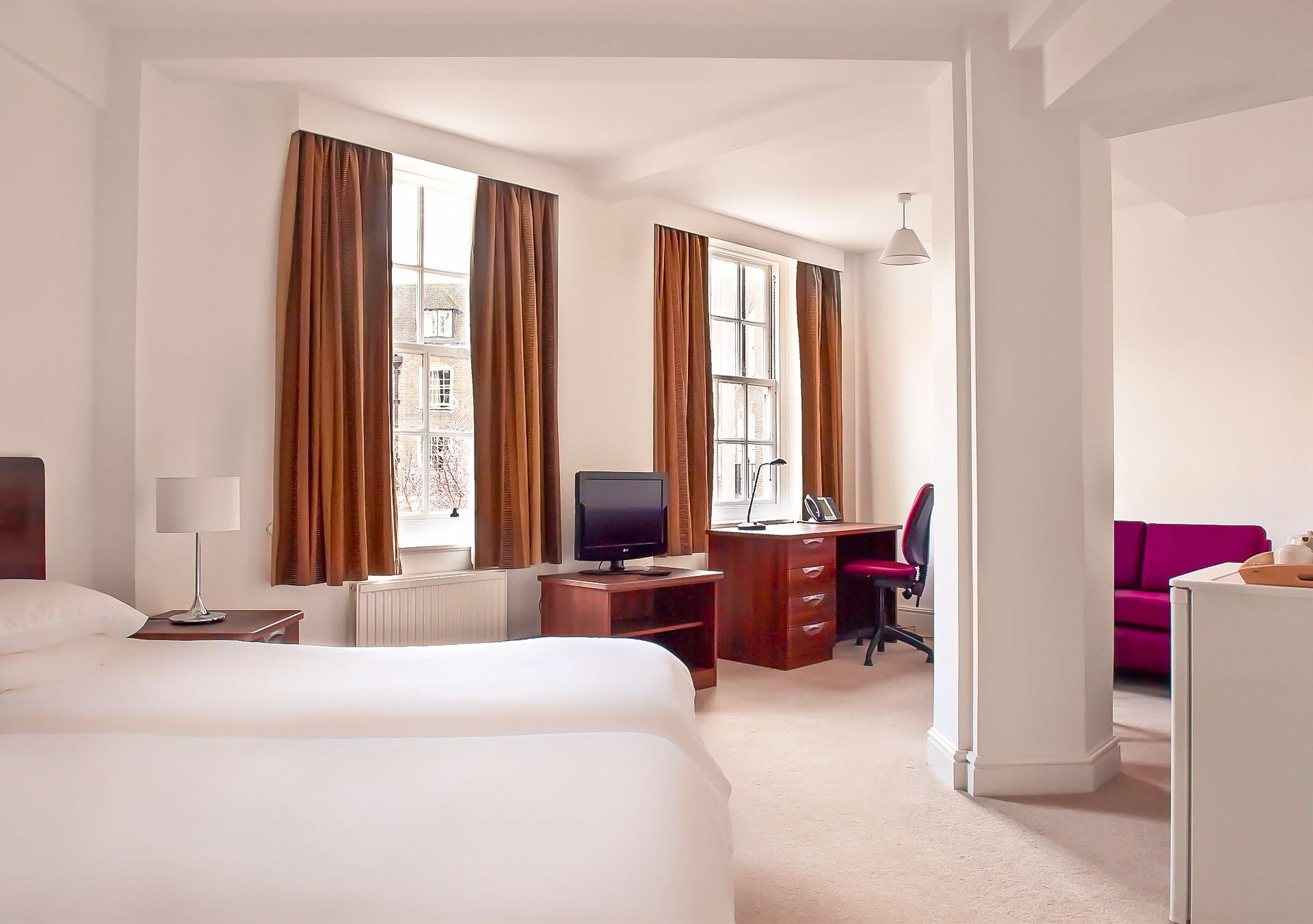Archeologists have shown that the Lviv area was settled by the 5th century. The city was founded by King Daniel of Galicia in the Ruthenian principality of Halych-Volhynia and named after his son Lev. In 1261, the town was invaded by the Tatars, on the orders of the Mongol general Burundai. After Daniel's death, King Lev rebuilt the town around 1270 at its current location. The town grew quickly due to an influx of Poles from Kraków. The town was inherited by the Grand Duchy of Lithuania in 1340 and was ruled by voivode Dmitri Detko until 1349. During the wars over the succession of Galicia-Volhynia Principality, King Casimir III of Poland headed an expedition and conquered Lviv in 1340. Poland ultimately gained control over the city and the adjacent region in 1349.
In 1444 Lviv was granted with the staple right, resulting in the city's growing prosperity and wealth. The 17th century brought invading armies of Swedes, Hungarians, Turks, Russians and Cossacks to its gates, and in 1672, it was surrounded by the Ottomans, who, however, failed to conquer it. Lviv was captured for the first time by a foreign army in 1704 by Swedish troops lead by King Charles XII.
In 1772, following the First Partition of Poland, the region was annexed by Austria. After the so-called Ausgleich of February 1867, the Austrian Empire was reformed into a dualist Austria-Hungary and a slow but steady process of liberalisation of Austrian rule in Galicia had begun. From 1873, Galicia was de facto an autonomous province of Austria-Hungary with Polish and Ukrainian as official languages. Germanisation was then halted and the censorship lifted also.
The city started to grow rapidly and eventually became the 4th largest in Austria-Hungary. In the early stage of World War I, it was captured by the Russian army in September 1914, but then retaken by Austria–Hungary the following June. Following the signing of the Molotov-Ribbentrop Pact, Germany invaded Poland on 1 September 1939 and by 14 September Lviv was completely encircled by German troops. The Soviets then invaded Poland on 17 September and the city became the capital of the newly formed Lviv Oblast. Germany viewed Galicia (formerly Austrian), as already aryanised and civilised, and the Ukrainian Galicians escaped the full extent of German acts. In 1945, a border agreement formally ceded Poland’s prewar eastern part to the Soviet Union agreeing to the Polish-Soviet border drawn as per the so-called “Curzon Line”, and in February 1946, Lviv became a part of the Soviet Union. The population, mostly Ukrainian by this stage, was subjected to forced Sovietisation and immigration from Russia was greatly encouraged. Despite this, the city remained a major centre of dissident movement in Ukraine and played a pivotal role in Ukraine getting its independence in 1991.
